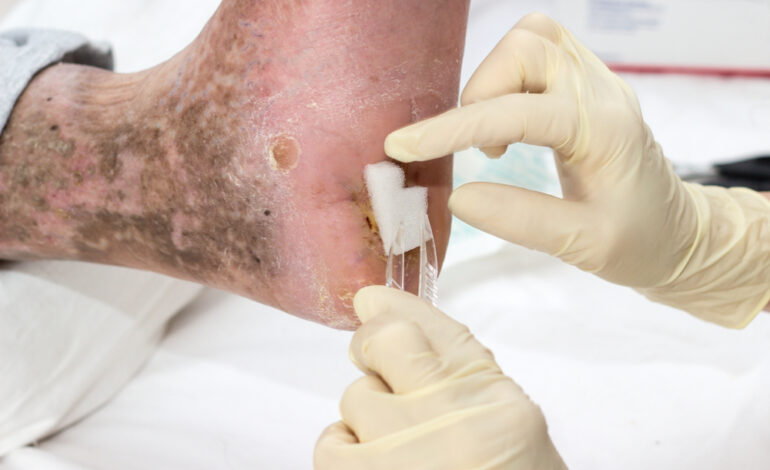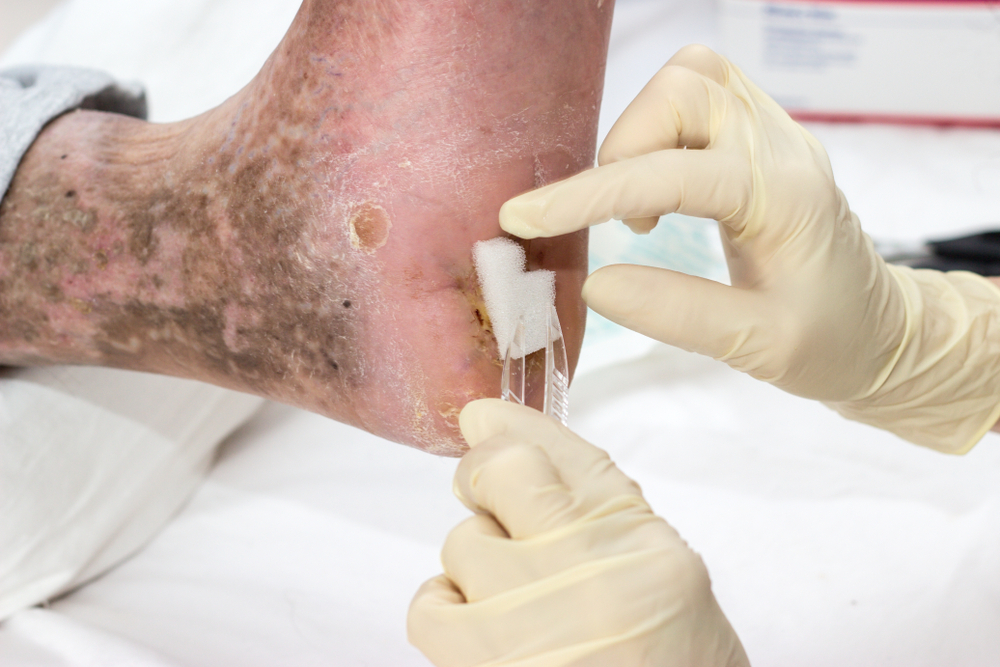Breaking It Down: Understanding Diabetes Complications

Breaking It Down: Diabetes is not just about managing blood sugar levels; it involves understanding and preventing potential complications that can affect various parts of the body. Let’s delve into these complications, how to recognize them, and essential steps for prevention and management.
1. Cardiovascular Complications
- Heart Disease: Diabetes increases the risk of heart disease, including coronary artery disease, heart attacks, and angina.
- Stroke: Individuals with diabetes are at a higher risk of stroke due to damaged blood vessels.
2. Nerve Damage (Neuropathy)
- Peripheral Neuropathy: Nerve damage often leads to numbness, tingling, or pain in the extremities.
- Autonomic Neuropathy: It can affect digestion, heart rate, and bladder function.
3. Eye Complications
- Diabetic Retinopathy: High blood sugar damages the blood vessels in the eyes, potentially leading to vision loss.
- Cataracts: Individuals with diabetes are more prone to cataracts.
- Glaucoma: Diabetes increases the risk of glaucoma, which can lead to blindness if left untreated.
4. Kidney Disease (Nephropathy)
- Diabetic Nephropathy: High blood sugar damages the kidneys’ filtering units, leading to kidney disease or failure.
5. Foot Complications
- Foot Ulcers: Nerve damage can make it difficult to feel foot injuries, increasing the risk of ulcers.
- Infections: Poor circulation and nerve damage can slow wound healing and make infections more likely.
6. Skin Complications
- Infections: High blood sugar impairs the immune system’s ability to fight infections.
- Itching and Dry Skin: Diabetes can cause skin dryness and itching.
7. Dental Issues
- Gum Disease: Individuals with diabetes are at a higher risk of gum disease and tooth loss.
- Tooth Decay: High blood sugar levels can contribute to tooth decay.
Prevention and Management
Understanding diabetes complications is vital, but so is taking steps to prevent and manage them:
- Blood Sugar Control: Keeping blood sugar levels within target ranges is crucial for preventing complications.
- Regular Checkups: Schedule regular medical checkups to monitor your health and detect issues early.
- Healthy Lifestyle: Adopt a balanced diet, engage in regular physical activity, and avoid smoking to reduce your risk.
- Medications: Follow your healthcare provider’s advice regarding medications, including insulin or oral medications.
- Eye Exams: Have regular eye exams to detect and treat diabetic retinopathy.
Recognizing the signs and symptoms of complications early is essential. If you experience any unusual symptoms, seek medical attention promptly. Diabetes management and complications prevention are ongoing efforts that require a partnership between you and your healthcare team.











4 Comments
[…] gain practical assistance, stay motivated, and access valuable information for effective diabetes management. Remember that you don’t have to navigate your diabetes journey alone—reach out and […]
[…] force for change, with the potential to improve the lives of millions of individuals living with diabetes. By becoming an advocate, you can play a crucial role in raising awareness, promoting education, […]
[…] understand your journey, you can find strength, motivation, and valuable resources to enhance your diabetes management. Don’t hesitate to reach out and become an active part of this caring and understanding […]
[…] management and treatment, offering insights into innovative approaches that can enhance your diabetes management journey. Stay informed and empowered on your path to better […]